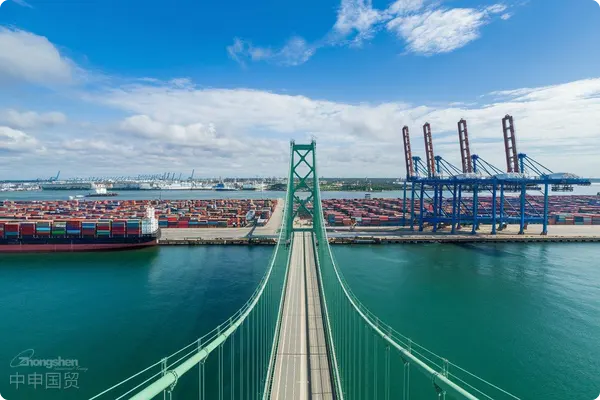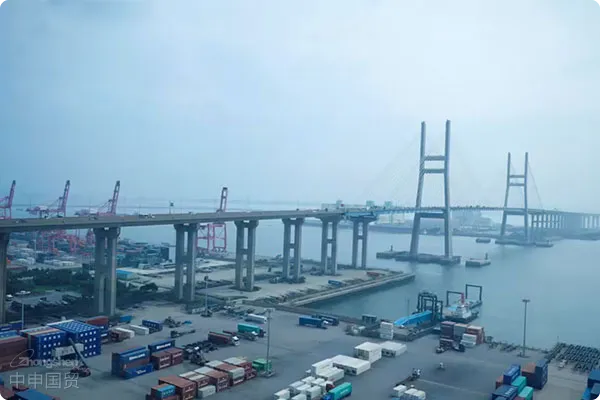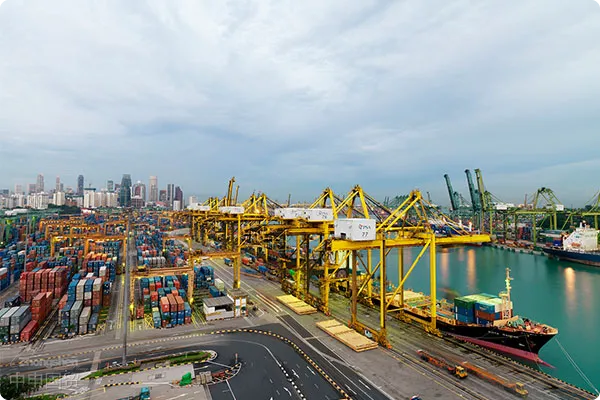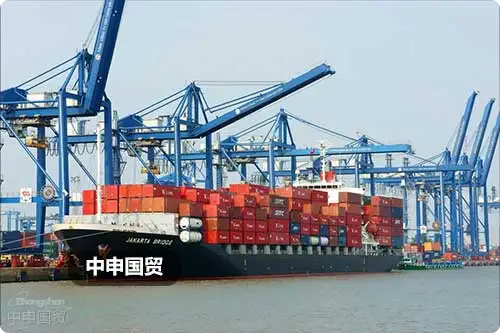- Shanghai Zhongshen International Trade Co., Ltd. - Two decades of trade agency expertise.
- Service Hotline: 139 1787 2118
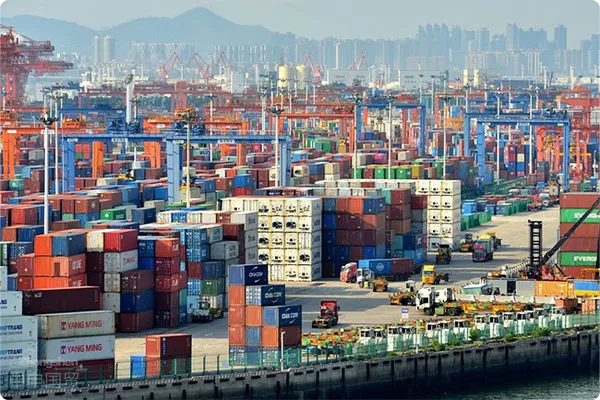
In international trade, there are agency export businesses for products without tax rebates. Although these businesses do not involveExport Drawback, they have their own unique business characteristics, face many challenges, and require corresponding countermeasures. In - depth understanding of this business is of great significance for expanding trade channels and optimizing the business structure.
I. Business Characteristics of Agency Export of Products without Tax Rebates
Market Diversity and Product Specificity
The agency export of products without tax rebates involves a wide variety of products, covering some specific raw materials, special - process products, or certain service - type products, etc. These products often generate agency export demands based on specific market needs. For example, some new - type environmental protection materials, due to the fact that the production technology is still in the development stage, have a high cost and are not included in the scope of tax - rebate products, but there is a specific niche market demand abroad, so they need to enter the international market through agency export.
Strong Customer - demand Orientation
Engaging in this type of agency export business is more driven by customer demand. Foreign customers may have a long - term cooperative relationship with domestic suppliers, or because domestic products have unique advantages in terms of quality and price. Even if the products do not have tax - rebate preferences, they still have the intention to import. In this case, the agency exporter needs to coordinate domestic suppliers to carry out a series of work such as production, packaging, and transportation according to the customers order requirements.
II. Challenges Faced by Agency Export of Products without Tax Rebates
Compression of Profit Margin
Due to the lack of export tax rebates as a source of profit supplement, the profit margin of agency exporters is relatively small. On the one hand, they need to compete with other products with tax - rebate advantages in the international market; on the other hand, they can hardly enjoy the cost - reduction benefits brought by the tax - rebate policy in the domestic procurement link. This requires agency exporters to precisely control costs and find opportunities to reduce costs in various links such as transportation, warehousing, and customs declaration.
Relatively Weak Market Competitiveness
Compared with products with tax rebates, products without tax rebates lack competitiveness in price. When foreign importers consider procurement, they often give priority to products with tax - rebate subsidies because it means they can obtain a lower import cost. This makes the agency export business of products without tax rebates face greater difficulties in developing new markets and attracting new customers.
Increased Pressure on Risk Response
The agency export business of products without tax rebates is more vulnerable when facing risks such as market fluctuations and exchange rate changes. For example, exchange rate fluctuations may lead to a significant shrinkage of export earnings, and due to the lack of a tax - rebate buffer, agency exporters may suffer greater economic losses. At the same time, in the context of intensifying trade frictions, products without tax rebates are more likely to become the objects of restricted imports, increasing the uncertainty of the business.
III. Countermeasures
Strengthen Value - added Services
Agency exporters can enhance the competitiveness of products by providing value - added services. For example, providing more complete after - sales services, including product installation guidance and maintenance services; or providing customized packaging solutions to meet the needs of different customers. Through these value - added services, products without tax rebates can be made more attractive in the international market, thus making up for the price disadvantage caused by the lack of tax rebates.
Optimize Supply Chain Management
Optimize the supply chain management in the domestic procurement link, establish long - term and stable cooperative relationships with suppliers, and strive for more favorable purchase prices and terms. At the same time, optimize transportation and warehousing, and adopt methods such as centralized procurement and centralized transportation to reduce unit costs. Through the overall optimization of the supply chain, improve the profitability of the business.
Expand Diversified Markets
Do not be limited to traditional international markets, and actively explore emerging markets. Some emerging market countries may have a stronger demand for products without tax rebates, or have a relatively lower sensitivity to prices. Through market diversification, risks can be dispersed and more business opportunities can be found.
Conclusion
Although the agency export business of products without tax rebates faces many challenges, by deeply understanding its business characteristics and adopting effective countermeasures, it is still possible to find a space for survival and development in international trade. Agency exporters need to continuously innovate and optimize management to adapt to the changing international market environment and achieve the sustainable development of the business.
Related Recommendations
? 2025. All Rights Reserved. 滬ICP備2023007705號(hào)-2  PSB Record: Shanghai No.31011502009912
PSB Record: Shanghai No.31011502009912
